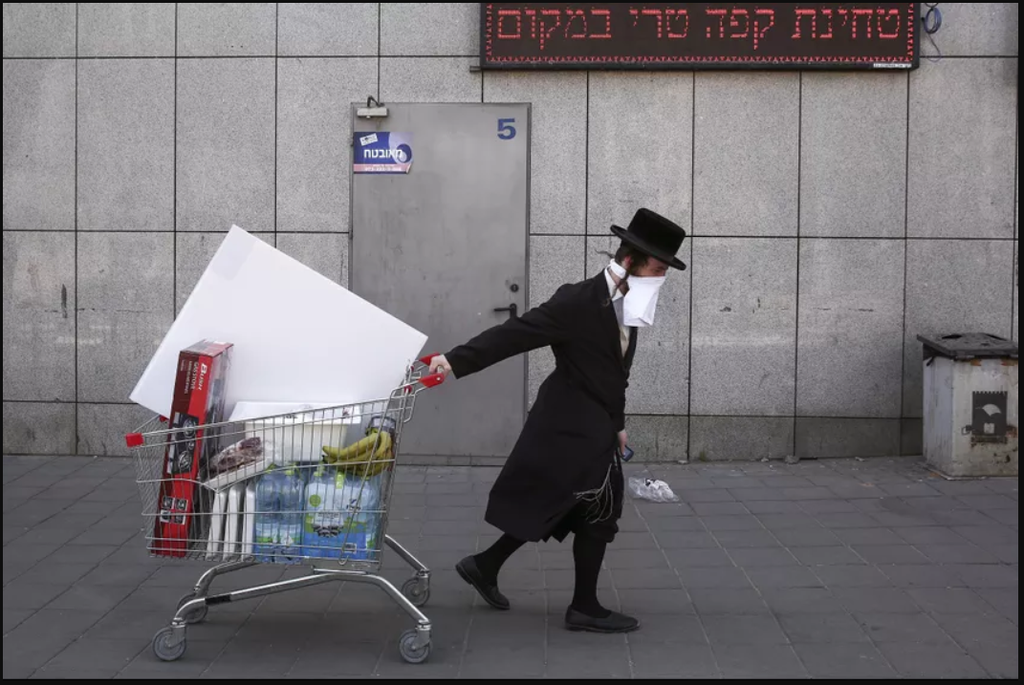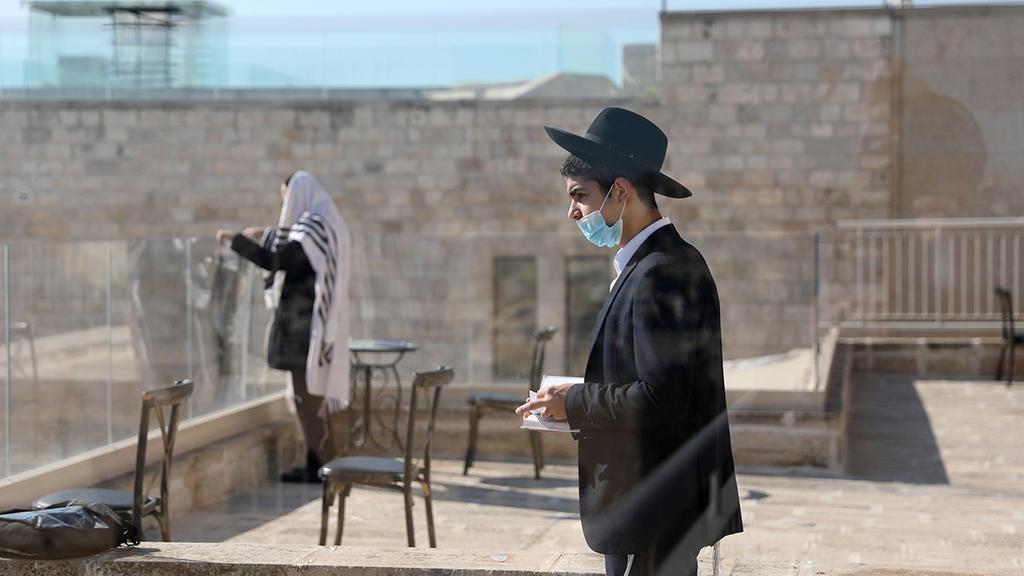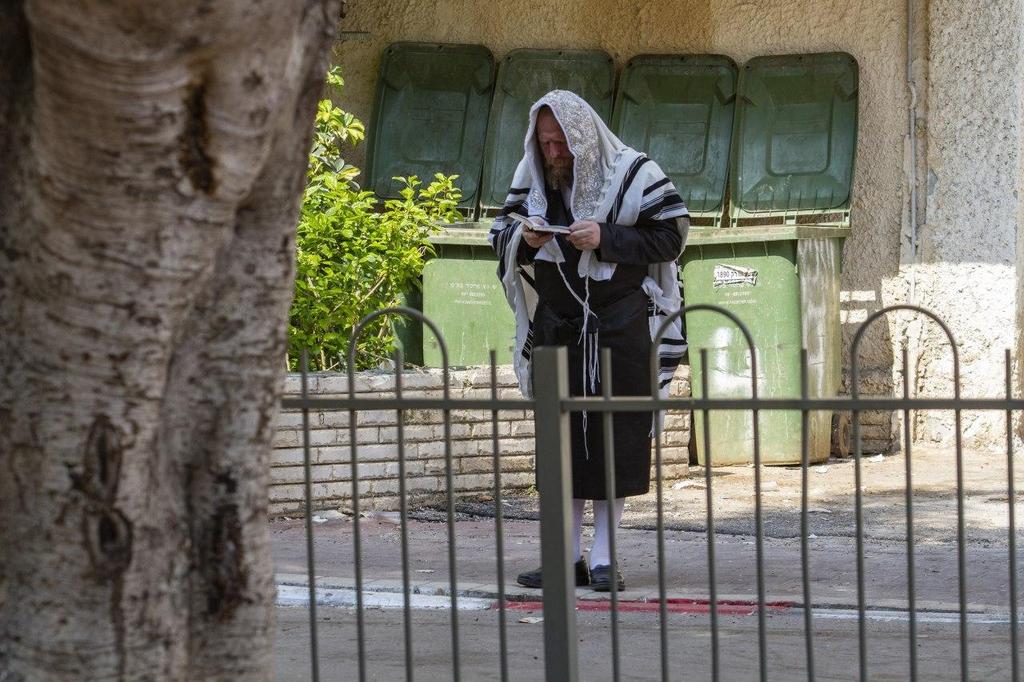Israel's religiously devout Jews, who traditionally shun the use of internet or smartphones, are increasingly going online to shop, study and video chat as the coronavirus outbreak forces them to stay largely home.
Ultra-Orthodox rabbis restrict internet use among their followers to avoid exposure to sexually explicit and other religiously objectionable material, a policy that helps to keep their communities largely isolated.
But densely populated ultra-Orthodox Jewish neighborhoods have been particularly hard hit by the virus, with the city Bnei Brak near Tel Aviv forced into temporary complete lockdown to prevent the spread of the disease.
The result is a 40% surge in online traffic in these neighborhoods since March 15, according to Bezeq, Israel's largest telecoms group.
One company that markets solely to the ultra-Orthodox has offered deals for heavily filtered internet that will cancel automatically after the coronavirus crisis is over.
More than half of ultra-Orthodox Jews surveyed by Bezeq have increased use of digital media, while 8% of Bezeq's new internet users are ultra-Orthodox, triple the normal average.
When asked whether they would continue using the internet for video calls after the crisis, 53% said they would.
"An existential need is leading to one of the fastest processes of internet adoption we have seen," said Bezeq's vice president for marketing and innovation, Keren Leizerovitch.
"We see in our survey that ultra-Orthodox will continue to use these tools even after the end of the crisis so we are talking about a deep change that may impact their way of life, expand their connection to the general population and contribute to economic growth."
Gilad Malach, head of the Israel Democracy Institute's ultra-Orthodox program, noted that while the ultra-Orthodox did not use internet at home, many did use it at work for specific needs and with filters.
"Regarding the coronavirus, the damage from not using the internet was clear. People realize that they are not updated about the situation like others," he said, noting that members of the community were using not just special ultra-Orthodox sites but general news sites, something their rabbis have long feared.
3 View gallery


An ultra-Orthodox Jew wears an improvised protective face mask as he pulls a supermarket cart in Bnei Brak
(Photo: AP)
Malach said nearly 60% of ultra-Orthodox Jews use the Internet - up from 50% before the outbreak and versus 90% in the rest of Israel.
Benjamin Fox, a father of 10, said he still does not have internet at home in Ramat Bet Shemesh, an ultra-Orthodox town in central Israel. But he noted that his study partner just got the internet because his wife, a computer programmer, has been forced to work from home.
"That's one of the reasons why the rabbis permit people to have internet," he said.
Shoshana Schwartz, an ultra-Orthodox addiction counselor from the increasingly Haredi city of Bet Shemesh, said she previously used internet for email and work, with occasional online purchases and Zoom sessions.
Now she uses Zoom extensively for clients. That, she said, had increased her internet use by "1,000%".
Israel has reported nearly 14,600 cases of COVID-19 and 192 deaths.
Restrictions imposed on public life to stem the spread of the virus have forced many Israeli businesses to close and sent unemployment above 26%.
The death toll is considerably lower than in many countries, however, and Israel is already easing some curbs to revive the economy.



